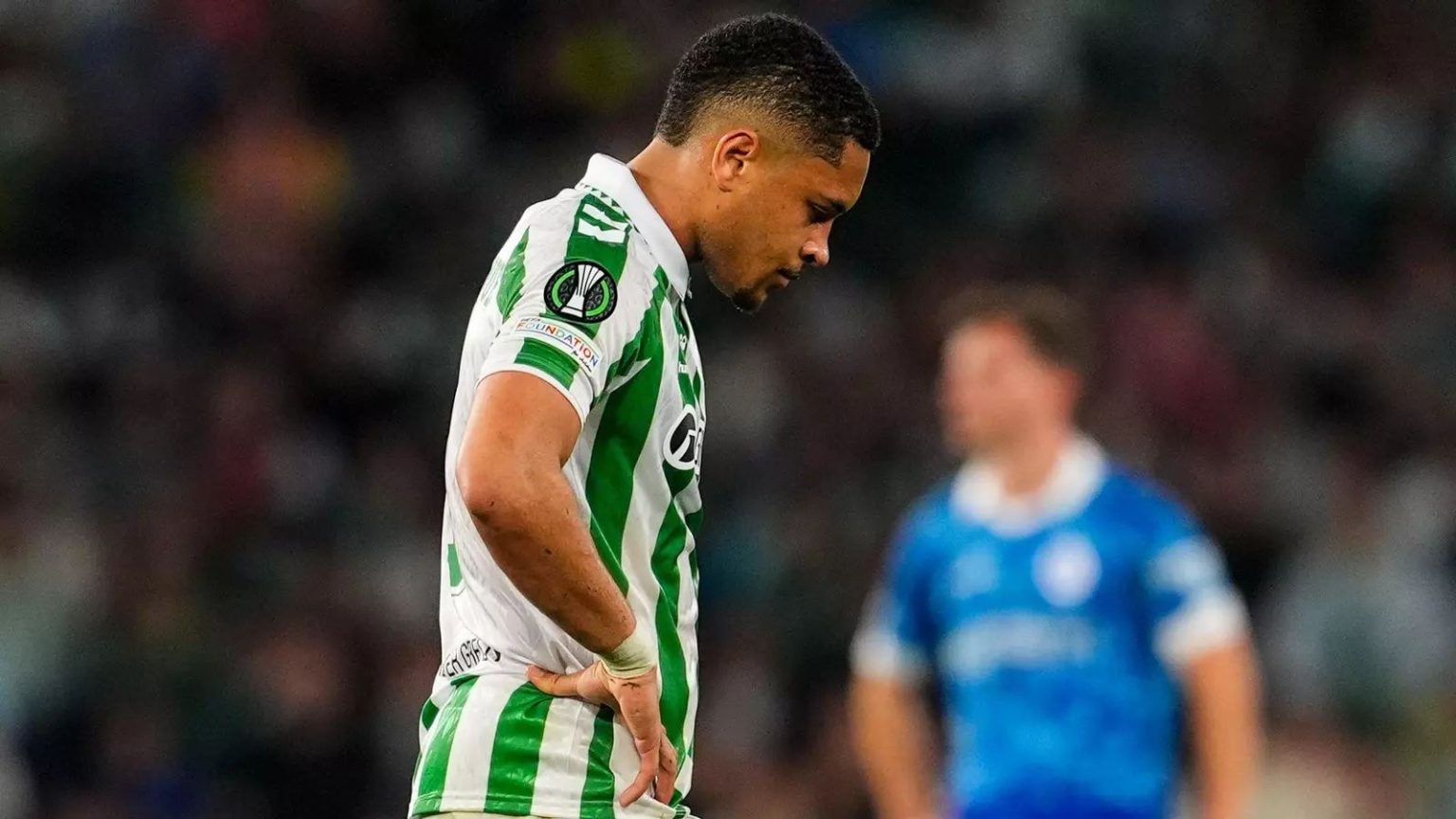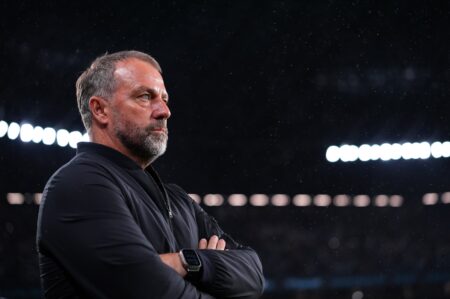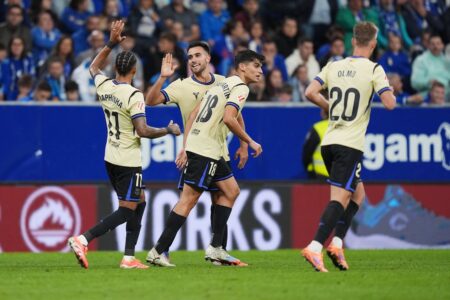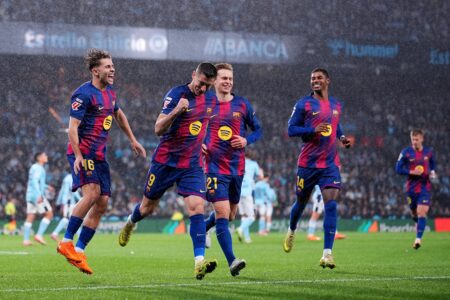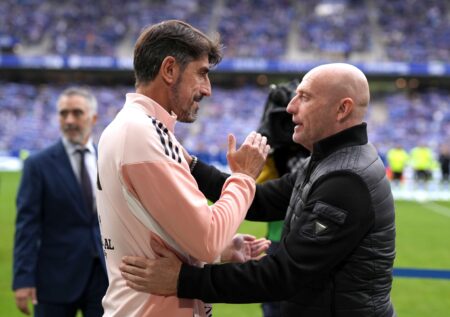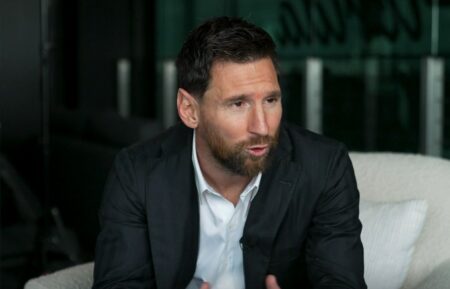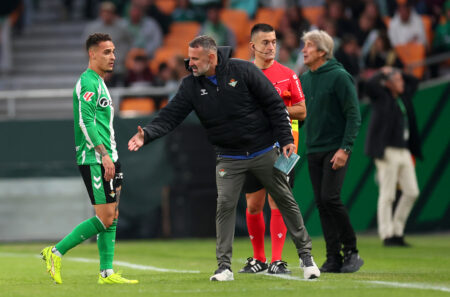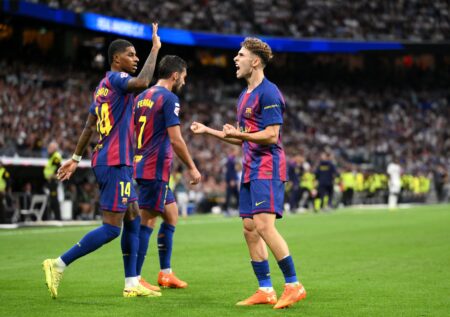The Departure of Vitor Roque
Earlier this week, the football world witnessed the conclusion of Vitor Roque’s turbulent journey in Spain, as the 19-year-old striker ended his loan spell at Real Betis and returned to Brazil to sign for Palmeiras on a permanent basis. Roque’s tenure at Barcelona, which began 14 months ago, was marked by numerous challenges and disappointments. His decision to return to Brazil underscores the intense pressure and difficulties he faced in adapting to the Spanish football scene. The young forward’s move back to his home country is a significant career shift, one that carries both hope and uncertainty.
Manu Fajardo’s Insights on Roque
On the eve of Saturday’s match against Real Madrid, which Real Betis won 2-1, sporting director Manu Fajardo provided a candid account of the Roque operation. According to ED, Fajardo revealed that Roque was deeply determined to leave Real Betis. The teenager had been insistent in recent days about his desire to return to Brazil, a place he felt more at home. Fajardo’s statement underscores the emotional and professional toll that Roque’s time in Spain had taken on him. The sporting director’s decision to honor the player’s wishes reflects a balance between respecting an athlete’s career aspirations and the club’s strategic interests.
The Financial Side of the Move
The agreement between Real Betis and Barcelona to terminate Roque’s loan early was not without its financial implications. Reports suggested that Barcelona relinquished 30% of the rights they held for Ez Abde, a move that appears to have been part of a broader negotiation. While Fajardo did not confirm this detail explicitly, he did acknowledge that Betis received some form of compensation from the deal. “There was a parallel negotiation, where Betis have tried to monetise the operation and get a good result from all this. An operation that has been advantageous for us,” he stated. This financial aspect highlights the complex nature of modern football transfers, where clubs often seek to maximize their returns even in challenging circumstances.
The Potential Return of Dani Ceballos
In a separate but related topic, Fajardo also addressed the possibility of Real Madrid midfielder Dani Ceballos returning to Betis. Ceballos, who has been a regular fixture in transfer rumors linking him back to the Benito Villamarin, has a close personal relationship with the club. Fajardo’s comments were measured and diplomatic, expressing a positive sentiment toward Ceballos and his current club. “We have a very good and beautiful personal relationship. And well, you never know about Dani in the world of football. The truth is that the most important thing is that he recovers well, that he also helps Real Madrid to achieve those objectives that he has set and wishes him and his family all the best,” Fajardo said. The ambiguity in these remarks leaves the door open for potential future developments.
A Balancing Act for Real Betis
Fajardo’s remarks shed light on the delicate balancing act that Real Betis must perform. On one hand, they must respect the wishes of players like Roque, who are seeking new challenges and environments. On the other hand, the club must ensure that such moves are financially viable and do not compromise their long-term goals. The successful termination of Roque’s loan and the potential return of Ceballos illustrate the club’s ability to navigate these challenges. By maintaining a positive relationship with players and other clubs, Betis demonstrates a strategic and forward-thinking approach to player management.
Looking Forward
As Vitor Roque embarks on his new chapter with Palmeiras, the football community will watch with keen interest to see how he adapts and performs in Brazil. For Real Betis, the focus will now shift to integrating new talent and maximizing the potential of their current squad. The club’s approach to player management, as exemplified by the Roque and Ceballos situations, suggests a commitment to balancing individual player development with the broader interests of the team. The coming months will reveal the full impact of these decisions on both Roque’s career and Betis’s success on the pitch.

